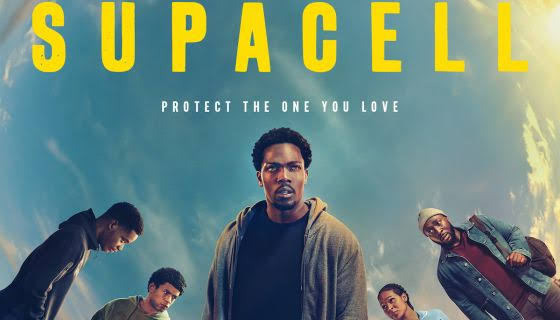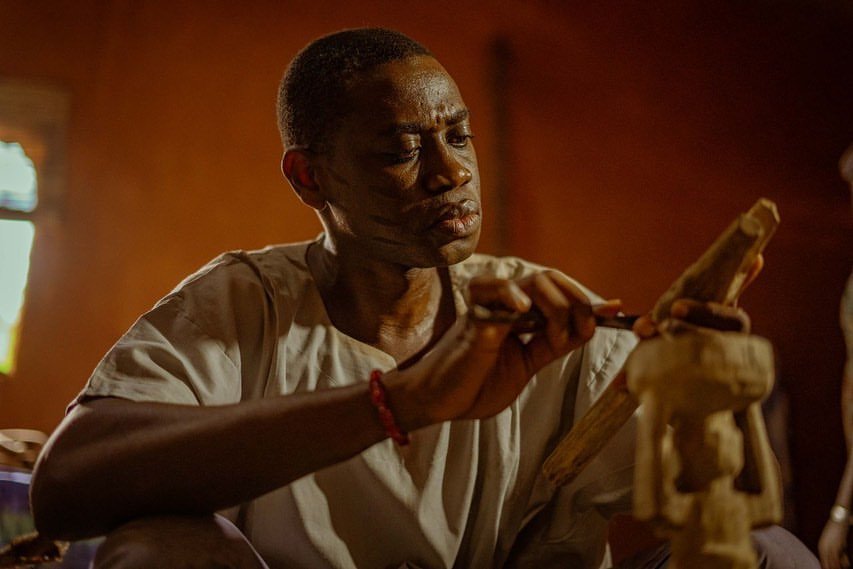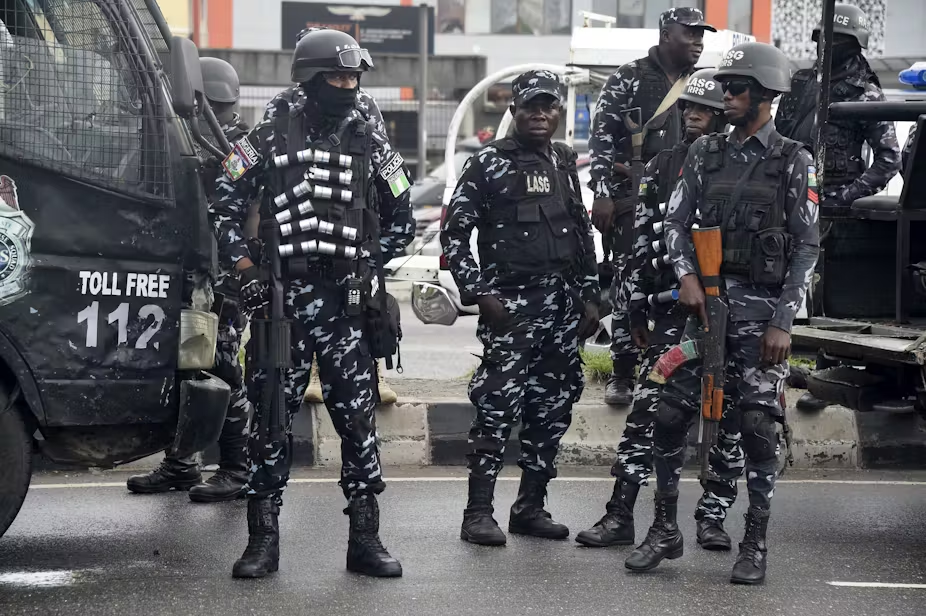The Nigerian movie industry has grown to an enviable height over the years. With a reputation as one of the largest film industries in the world, there is always something exciting to look forward to from Nigeria’s Nollywood.
Every year, Nigeria’s booming film industry churns out about 1,500 films for our viewing pleasure. Besides the entertainment value we get from watching good films, their educative role cannot be overemphasized as seen in the recently released crime drama, Òlòtūré, which has become a subject of discussion on social media.
The film may be receiving a well-deserved hype considering the role it plays in exposing a lot about human trafficking – a grievous crime against humanity.
About Òlòtūré
In Òlòtūré, we meet the good, the bad and the absolutely ruthless. #Oloture is now streaming globally. pic.twitter.com/JJJoTmeRwu
— Netflix Nigeria (@NetflixNaija) October 2, 2020
Òlòtūré tells the story of a journalist who goes undercover as a prostitute to expose the dangerous and cruel underworld of human trafficking where she finds a world of exploited women in terribly dehumanizing situations. The film vividly paints the picture of the tragic truth about the appalling crisis of sex trafficking in Nigeria many women in search of greener pastures experience.
The crime drama was directed by Kenneth Gyang, and written by Yinka Ogun and Craig Freimond, starring Ada Ameh, Beverly Osu, Sharon Ooja and Blossom Chukwujekwu.
Òlòtūré was premiered in Tunisia on October 31, 2019. It was released on Netflix on October 2, 2020, and Nigerians simply can’t stop talking about it.
Here is how some Nigerians reacted:
Just finished Òlòtūré and boy!, the raw visuals, the use of native language, the performances by the amazing cast, an apt show of the streets and locations (as we know it) and everything else makes it an endearing picture.
Well done to everyone who was part of the project. 💯— Chisom (@ChisomOgbud) October 2, 2020
See Oloture & the amount of work that went in. Details. See costumes, props and locations… for many in our industry it is always about glamour but that one doesn’t trip me. Creating an experience is what trips me. Oloture is an experience.
— GlazedLens (@MealdredO) October 2, 2020
https://twitter.com/Ericabbnfanpage/status/1312049088993660928
Just finished Ólòtùrè the movie and I was so impressed! Such a sad and frustrating story told beautifully. Incredible acting by @SharonOoja @Omonioboli @Omawumi, Beverly Osu and others. I was hooked from start to finish. 100% recommend. #OlotureTheMovie pic.twitter.com/EN02xv54qQ
— Theresa Tekenah 🇳🇬 (@TheresaTekenah) October 2, 2020
I’m watching #Oloture movie on @NetflixNaija and I’m scared.
This movie is informative and intriguing. To everyone who worked to produce this movie 👌👌👌👌🙀 y’all deserve trophiesThis is job well done👍 #goodcontent
— Quinnet.U. (@tesha_zen) October 2, 2020
Òlòtūré is not a movie to be watched for fun.
It's a message to remind us that some of our women are still suffering, men still rape, our women are still abused, human traffickers are still out there.It's a movie to remind us to do better.
Great movie, message passed. pic.twitter.com/eUl0Smd5Yl— Iphisto 🖤 (@Ipheesto) October 2, 2020
According to the Pathfinders Justice Initiative, Nigeria remains a source, transit and destination country when it comes to human trafficking, and there have been too many reports to back this up.
We will recall how in 2019, about 220 victims of human trafficking were rescued by the police in Benin and Nigeria in an operation coordinated by the INTERPOL.
Also, in February 2020, during an INTERPOL-supported operation targeting organised crime groups in West Africa, the police in Niger rescued 232 victims of human trafficking and 46 of them were under the age of 18.
With the rising cases of human trafficking in Nigeria, there is an urgent need to combat this menace. But to win this fight, we must understand the root cause of the problem which includes poverty, gender inequality, illiteracy, amongst other things. However, awareness is a good starting point to combating human trafficking in our society.
It is hoped that with more sensitisation through films like Òlòtūré, human trafficking in Nigeria will be addressed and put to an end for good.














